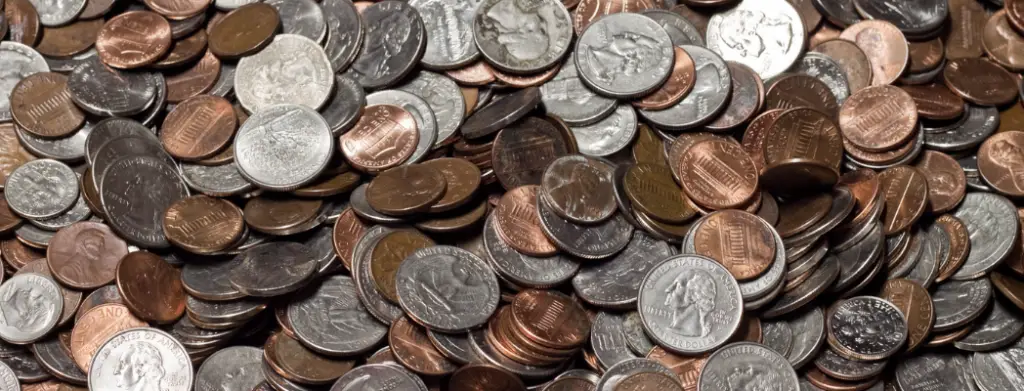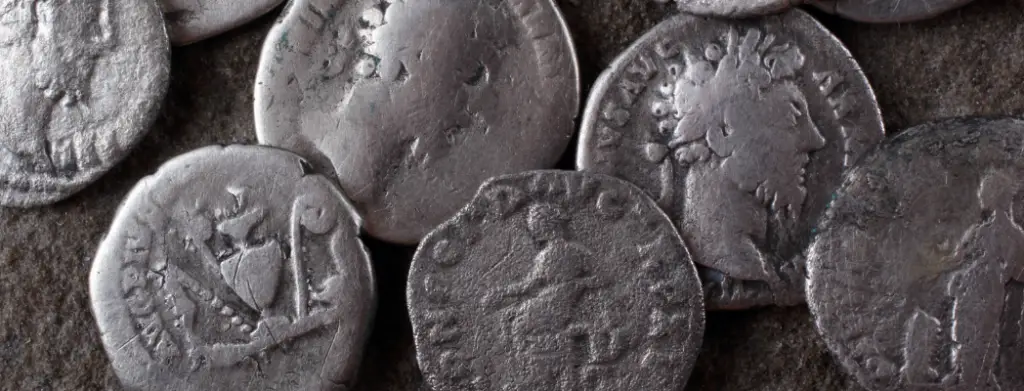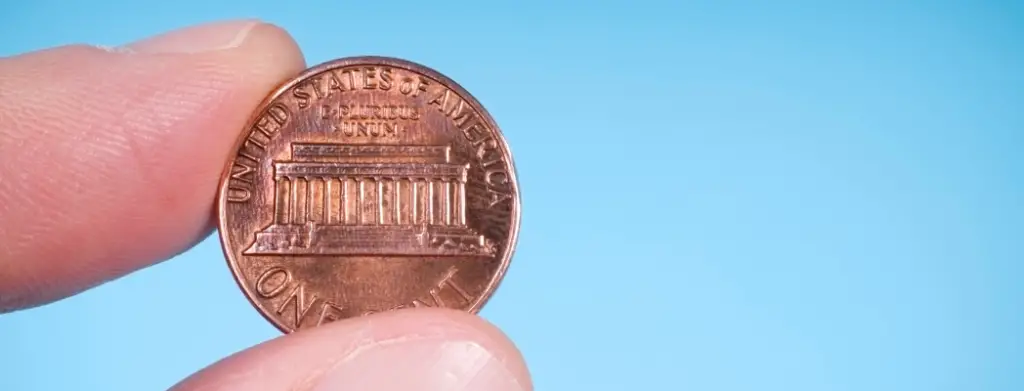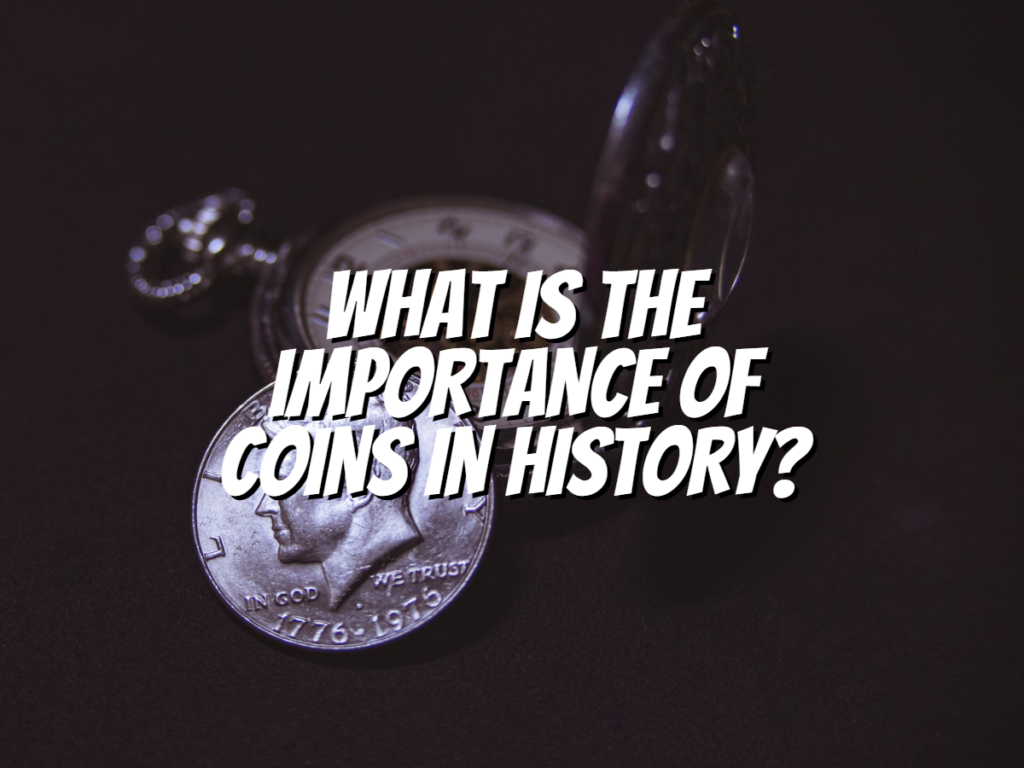Coin collecting has been a part of our history for a long time, and sometimes, we question the importance of coins in history. In this article, we’ll discuss this topic and learn how coins affect our history! Let’s dive right in!
What is the Study of Coins Called?

Numismatics, the study of tangible representations of different forms of currency, is commonly referred to as currencies.
When we study numismatics about coins, we usually look into the coins’ production and usage to determine their rarity level.
You often hear people use the term “coin collection” interchangeably with “numismatics,” but technically speaking, “numismatics” implies a more thorough examination of coins beyond just collecting them.

You could argue that all coin hobbyists are numismatists, but that’s not entirely accurate. It’s widely believed that numismatics began during the early stages of the Renaissance in Europe.
This was a time when people were attempting to rediscover everything classical.
In 1829, the English language saw the introduction of the term “numismatics.”
The term “numismatics” is derived from the French word “numismatiques,” which in turn came from the Latin “numismatis.” The word “numismatic” means “of coins.” The term “numismatics” was originally coined in Latin.
I’d say that the coins that are the most valuable and fascinating to study and collect are the ones that are either incredibly rare or unique or have a story that can be traced back to a significant event that can be verified.
Particularly noteworthy are specimens that display errors that occurred during the manufacturing process.
What is the Importance of Coins in History?

Numismatics has been studied for hundreds of years. On the other hand, coin collecting likely began around the same time as currency.
Before the 19th century, members of the nobility, ministers, or the ruling class typically collected coins. In the Roman Empire, emperors like Caesar Augustus gathered coins from around the globe.
They did this to have something to offer during trade negotiations and to give away as gifts to their visitors. Over the years, the hobby of numismatics has gained a growing number of followers.
During the 1800s, various coin-collecting clubs and societies were formed across the globe. Due to the expansion of the Internet, more people are now interested in collecting currency, and enthusiasts come from a broader range of demographics.

If you’re interested in or already skilled in numismatics, you have direct exposure to an endless supply of information, tools, and communities dedicated to the hobby.
Coins were designed to be practical and easy to manipulate and were intended to circulate. Their use was widespread across the globe.
Moreover, everyone trusted them as they had the seal or mark of the entity accountable for their creation. Coins were highly regarded, my friend.
Not only because they were widely accepted but also because they were a highly efficient way to accumulate wealth.
Their features and durability made them a top choice for many. It’s worth noting that armies were compensated with coins, significantly impacting the economy until recently.
Takeaway:
- Numismatics is the field that deals with the study of coins and other monetary units. It is usually linked with the preservation and valuation of rare coins.
- I would say that numismatists are individuals who specialize in the examination of currency. They possess extensive knowledge of its past, including its historical significance and physical attributes.
- It’s important to note that rare and collectible coins often have a market price that exceeds their nominal face value and commodity melt value. So, what happens is that people tend to take these coins out of circulation and view them more as investment opportunities rather than actual money.
- Numerous clubs, societies, and other groups have been birthed from a shared interest in numismatics.
Before you go…
So there you have it! We hope you enjoyed this article on the importance of coins in history. Coins are an important part of our past; they tell us a lot about how people lived their lives long ago! If you have any suggestions for topics to cover, don’t hesitate to leave them in the comment section! Happy Collecting!
Check out my next article: “The History of Numismatics!“
Related Articles:

